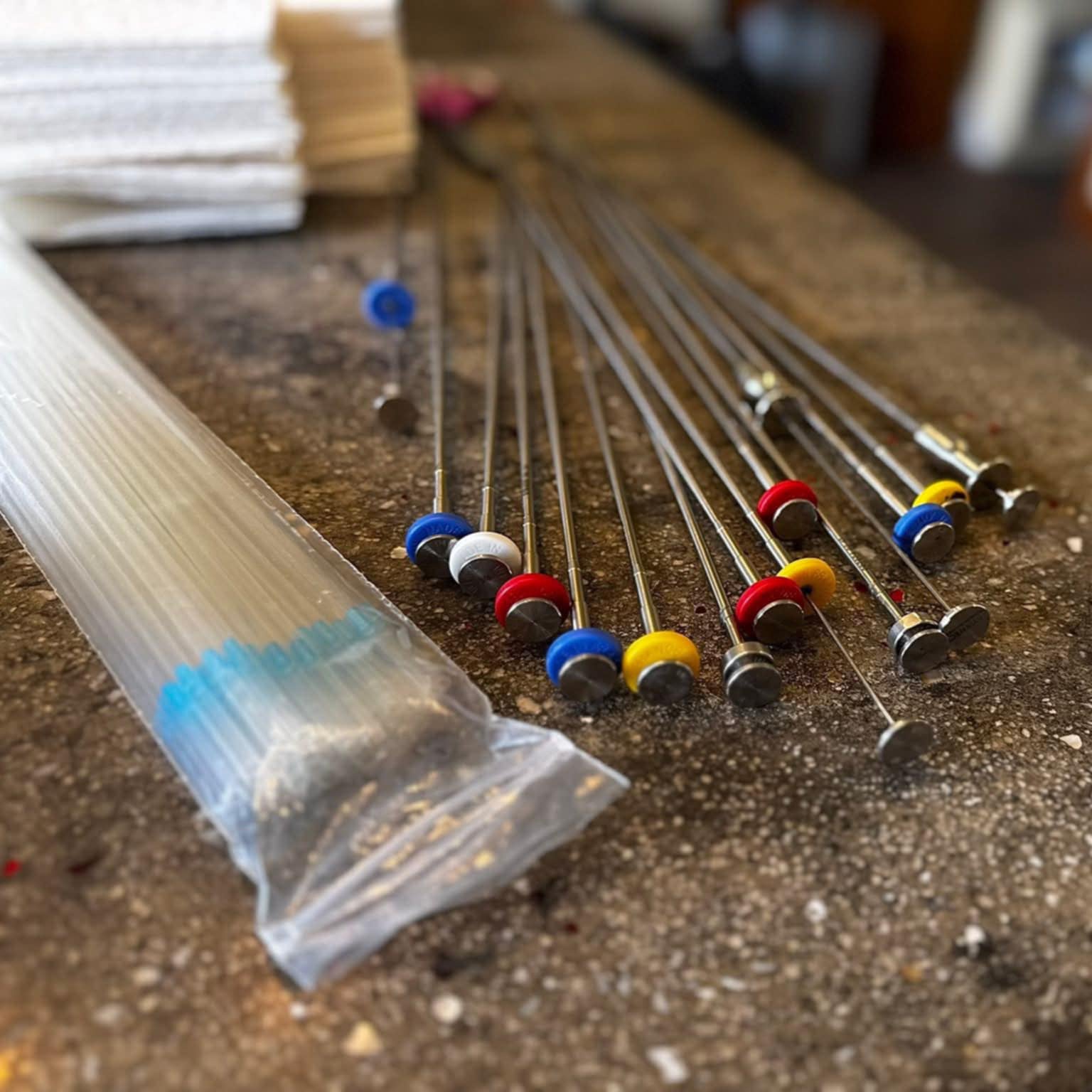



AI Conception Rates with Synchronization
Artificial insemination (AI) is one of the most effective tools for herd improvement when it’s done right. Across the cattle industry, AI without hormones typically averages 50–60% conception per attempt. When a synchronization protocol is added, that average can rise slightly to 55–65%, with the very best timed programs achieving 70–75%. The main advantage of synchronization is timing and convenience: it allows multiple cows to be bred on a single day, saving labor and avoiding the need to watch for heat.
Conception Rates Are Driven More by Preparation and Timing Than by Hormones

But here’s the truth that doesn’t get talked about enough: conception rates are driven more by preparation and timing than by hormones. When semen is mishandled, those rates can plummet to 20–30%. And if the cow is not in good body condition, has poor mineral status, or stress is high, success rates in any program can drop all the way to zero—regardless of hormones.
On the flip side, when a cow is well prepared, heat detection is accurate, and semen is handled with precision, natural AI can achieve 60–70% success and in well-managed herds often rivals or even exceeds the success rates of synchronization programs.
So Why Use Synchronization?
Synchronization is often pushed because it eliminates the unpredictability of heat cycles. Once a cow is in standing heat, she needs to be bred about 12 hours later for the best results. That means if she stands at 1 p.m., she should be inseminated around 1 a.m.—and calling a veterinarian in the middle of the night usually comes with an after‑hours fee.
For a vet with a busy schedule, timed protocols make their work more efficient. But if an owner is willing to put in the effort to monitor their cows and call me when they’re ready, who am I to say no? For most cattle operations, this is only once a year, and it takes me just a few minutes to place the semen correctly.

Factors That Impact Conception Long Before Breeding Day
I also provide thorough education on every step of cattle reproduction prep and heat monitoring. An AI technician can easily deposit semen, but without the right mineral program, nutrition, stress management, and accurate heat detection, that semen is wasted. My goal is to help producers understand and control every factor that impacts conception—long before breeding day.

Timed AI Has Important Benefits for Some Operations
This isn’t about being “for” or “against” synchronization. Timed AI has important benefits for some operations, and I can work side‑by‑side with your veterinarian if a timed program is the right choice for your goals. But for the producers who want an alternative that works with their cows’ natural cycles, I provide a specialized service that focuses on doing the fundamentals so well that hormones are no longer the deciding factor. Looking ahead, once I open my full cattle reproduction facility and complete my DVM, there will be no limitations on the services I can offer.

A Natural, Hormone‑Free Approach
AI isn’t one‑size‑fits‑all. Whether you want the convenience of a timed program or the precision of natural heat detection, success always comes down to preparation, timing, and care. If you’ve been looking for a natural, hormone‑free approach that prioritizes education and high standards, this service was built for you.





